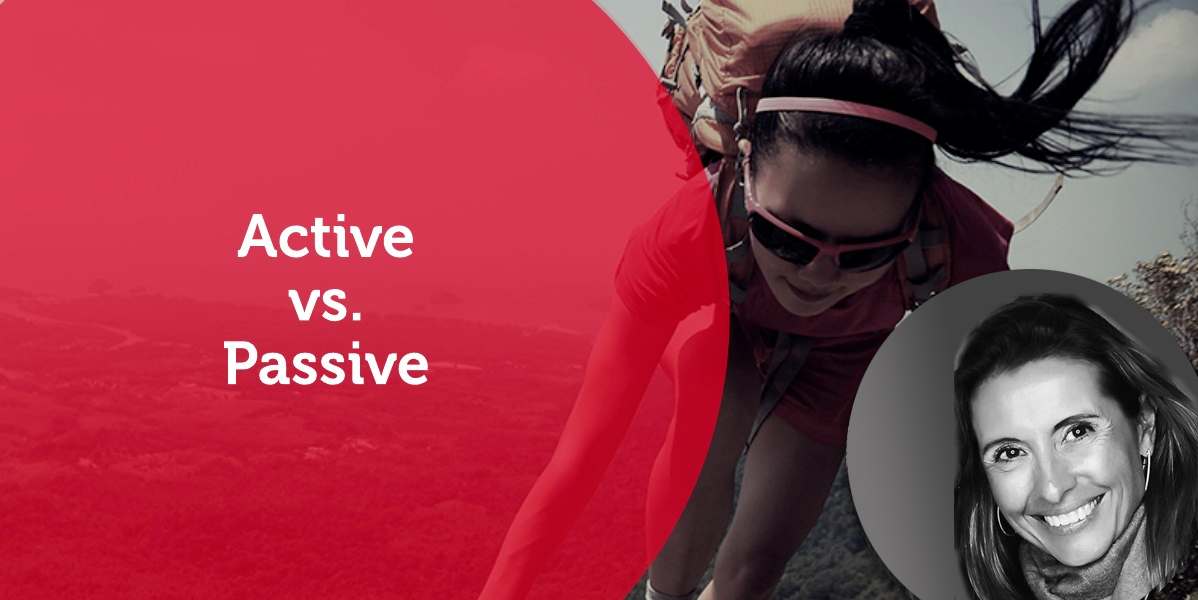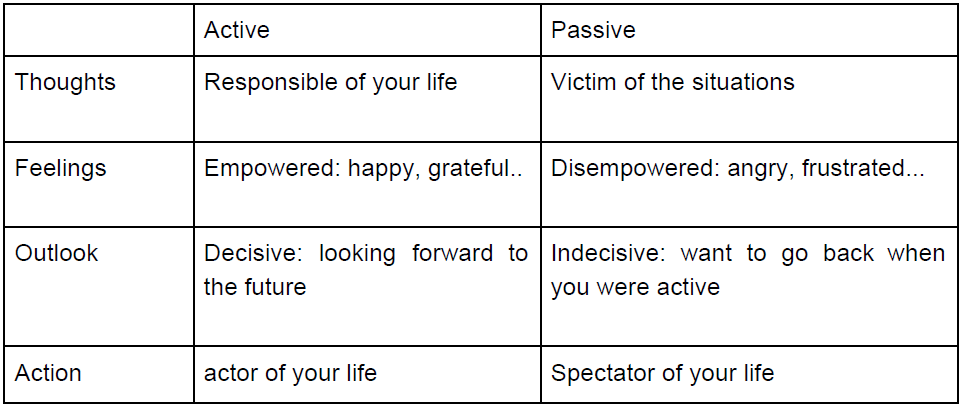 A Coaching Power Tool Created by Florence Reisch
A Coaching Power Tool Created by Florence Reisch
(Life coach: Expat woman & TCK coach, United Arab Emirates)
For the last 20 years, not one day looked the same as the day before. I have been an expat for 20 years now, I lived on 6 different continents, in 6 different countries, from newly married, mother of one child and a few years later mother of 2, to a split family: husband working in one country, family living in another one. Some days are obviously better than others but generally, when I look back I am so grateful to think that every day I had to live an experience that made me grow and led me where I am today.
I could certainly have made some better choices but I always made my best to take advantage of the environment rather than letting the environment taking advantage of me. In each country, I reinvent myself to find an occupation, to be integrated into social life, to be busy and enjoy my life at that specific moment.
Carpe Diem, tomorrow is another day.
The objective of this power tool is to help the client, expat women/men, to find happiness in any situation life offers and that anywhere in the world. Background, culture, language are actually not a barrier but on the contrary, an asset that will lead the client to a new skill, a passion, a new objective in life.
As a coach, I will use this power tool, active vs passive to help my client to reframe her or his perspective. I will make my client aware of the importance of being active v/s passive. The client will discover by himself how an active, an engaged attitude will bring more opportunities into his or her life. As a result, discovering that the world is finally his and make this amazing experience of expatriation the only place, he wants to be right now.
Active vs passive
Of course, this power tool focuses on client responsibility. The client always has the choice: being an active player or a passive spectator.
For example, the client arrives in a country where he does not speak the language. The client has two options: being active and find classes to learn the language, which will integrate him naturally into the country day to day life or being passive, not taking classes and blaming everybody not to understand him.
My role as a coach is to help my client to take responsibility for himself, to get to this necessary shift where my client realises the importance to change from a “passive” to an “active player”. Making decisions for himself that will integrate himself into his new life for whatever period of time his assignment is.
Definition of active in the context of this power tool:
Engaged in action; characterised by energetic work, participation, etc. Causing activity or change; capable of exerting influence (opposed to passive)
Definition of passive in the context of this power tool:
Not reacting visibly to something that might be expected to produce manifestations of an emotion or feeling.
Being passive in expat life:
You are in a disempowered state: you get lonely, bored and depressed. You don’t hold your life anymore. You want to return to your home country. You are missing the opportunity of discovering the beauty that every place and their people in the world has to offer.
Being active in expat life:
You are in an empowered state: you develop your curiosity, you create opportunities and you learn so much in term of people, culture, food. You are controlling your life. Your knowledge is very diversified and even if they are not measurable they are very diverse.

Example of reasons why people are a passive spectator:
What gets in their way to become an active actor?
Coaching applications:
How can this power tool be applied in my coaching for expat woman/man?
The first step in coaching is to create awareness through questioning:
Where do you see yourself on a range from 1 to 10 in a term of happiness/satisfaction with your life?
How do you see your accountability in this situation?
The acceptance of the situation is important it certainly helps the shift and the change of perspective.
Can you tell me a story when you find yourself engaged? How did you feel?
Is there a situation where you wish you would engage yourself and you didn’t? What got in your way not to be active at that moment?
At this point, it’s interesting to discuss a change of perspective: Remark: both ways become a vicious circle: active attitude leads to positive results vs passive attitude leads to negative results
Designing Actions:
We can agree with the clients to take actions for the results. For example, if the client found difficulty to get understood by locals, we can suggest finding a language school which answers my client’s needs.
Plan and goal setting:
Develop and maintain an effective coaching plan with the client: For example, look for activities, sports or other clubs in correlation with my client’s interests.
Managing progress and accountability from one session to the other.